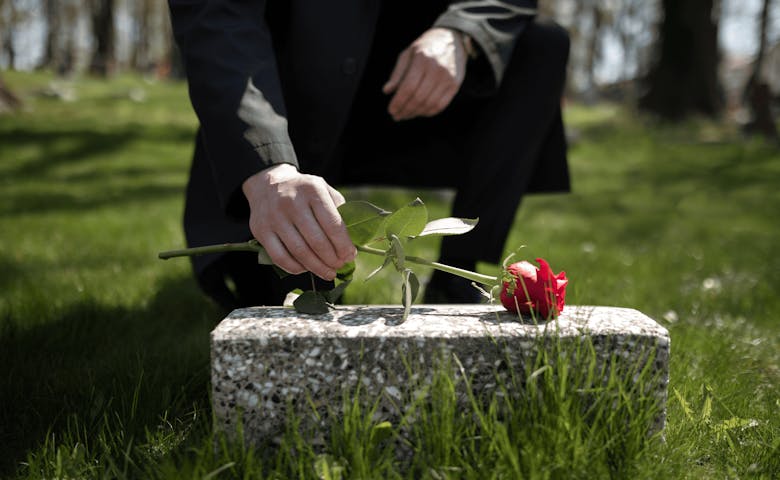
Located in Rosedale, servicing New York City and the counties of Nassau, Suffolk, and Westchester.

Our New York wrongful death lawyers understand how unspeakably difficult it can be to lose someone you love. The grieving process feels engulfing and endless, so much so that putting together a lawsuit can seem impossible. If you’ve lost a loved one due to misconduct or negligence, our team can build your case so that you don’t have to. Nothing can compare to having your family member back, but we can fight to make sure the people responsible are held accountable.
Call Alex Yadgarov & Associates at 866-995-9035 to schedule your free consultation for the best New York wrongful death lawyers. Don’t worry about finding us – we’ll come to you. We serve New York City, and the counties of Nassau, Suffolk, and Westchester!
Since 2009, our team at Alex Yadgarov & Associates has worked tirelessly for the New York City and the whole of New York communities to help families cope financially with their loss. When families lose a loved one, they also lose income and costs related to the death.
We help families who’ve lost loved ones in cases involving:
If you believe you lost your loved one due to negligence or misconduct, our New York wrongful death lawyers will investigate your claim for you during this difficult time. A spouse, parents, and/or children of a wrongful death victim may qualify to recover damages.
Wrongful death damages can include:
To get started will your claim, call us for your free consultation in English, Georgian, Hebrew, Russian, or Spanish. We’ll help you navigate through your tragedy.
Schedule your free consultation now by calling 866-995-9035 or contacting us online. Se habla español.
One of the defining characteristics of our firm is our compassion toward our clients. We treat each client with the personal care they deserve because we understand how personal their situation is. When we work with families on wrongful death claims, our goal is to obtain the amount of financial compensation families are comfortable with to lighten their heavy burden.
We work to show many elements in wrongful death cases, such as:
While these elements can seem overwhelming, with our New York wrongful death attorneys on your side, you won’t need to worry about wading through the details alone.
The information on this website is for general information purposes only. Nothing on this site should be taken as legal advice for any individual case or situation. This information is not intended to create, and receipt or viewing does not constitute, an attorney-client relationship.